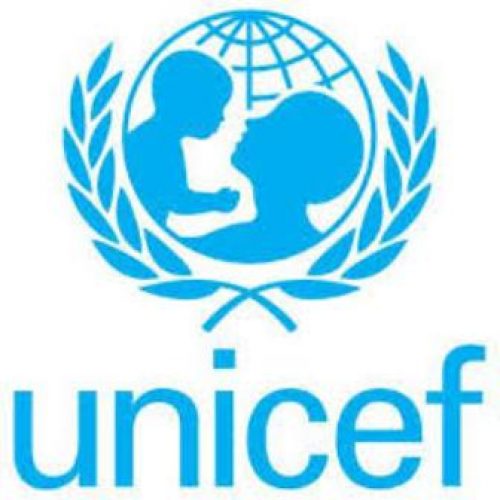Poor diet, hypertension now leading risk factors for early death
A new study on global burden of disease has revealed that poor diet and high blood pressure are now the leading cause of early death worldwide.
According to the results of the twenty-five year study released by University of Melbourne, Australia and published yesterday in the UK medical journal, Lancet, there has been a profound change in risk factors for death.
In 1990, child and maternal malnutrition and unsafe water, sanitation, and lack of hand washing were the leading risks for death, but these have now been replaced by dietary risks and high blood pressure.
The study was conducted by an international consortium of researchers working on the Global Burden of Disease project and led by the Institute for Health Metrics and Evaluation (IHME) and led by the University of Washington and the University of Melbourne.
Researchers looked at 79 risk factors for death in 188 countries between 1990 and 2013.
The risk factors examined in the study contributed to almost 31 million deaths worldwide in 2013, up from 25 million deaths in 1990.
Top risk factors worldwide include:
• In much of the Middle East and Latin America, high body mass index is the number-one risk associated with health loss.
• In South and Southeast Asia, household air pollution is a leading risk, and India also grapples with high risks of unsafe water and childhood under-nutrition.
• Alcohol is the number-two risk in Russia.
• Smoking is the number-one risk in many high-income countries, including the United Kingdom.
• The most marked differences are found in sub-Saharan Africa, which, unlike other regions, is dominated by a combination of childhood malnutrition, unsafe water and lack of sanitation, unsafe sex, and alcohol use.
• Wasting (low weight) accounts for one in five deaths of children under five-years-old, highlighting the importance of child malnutrition as a risk factor.
• Unsafe sex took a huge toll on global health, contributing to 82 per cent of HIV/AIDS deaths and 94 per cent of HIV/AIDS deaths among 15- to 19-year-olds in 2013. This has a greater impact on South Africa than any other country, 38 per cent of South African deaths were attributed to unsafe sex. The global burden of unsafe sex grew from 1990 and peaked in 2005.
The study included several risk factors – wasting (low weight for a person’s height), stunting (low height for a person’s age), unsafe sex, HIV, no hand-washing with soap, intimate partner violence – in its analysis for the first time.
“There’s great potential to improve health by avoiding certain risks like smoking and poor diet as well as tackling environmental risks like air pollution,” IHME Director Dr Christopher Murray said.
“The challenge for policymakers will be to use what we know to guide prevention efforts and health policies.”








1 Comment
Tunde
September 16, 11:01